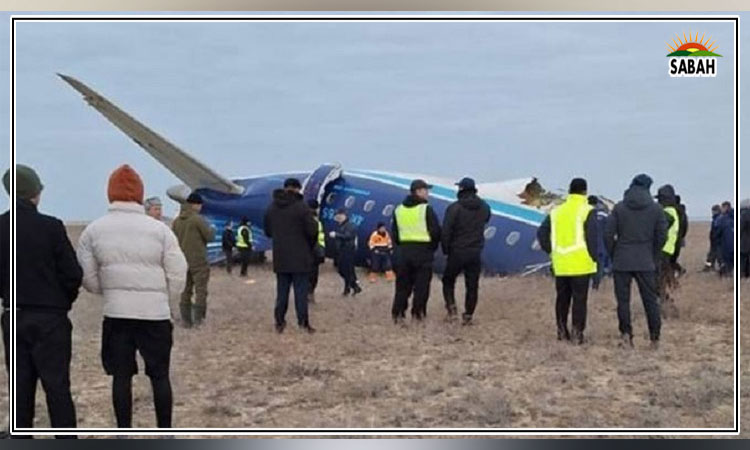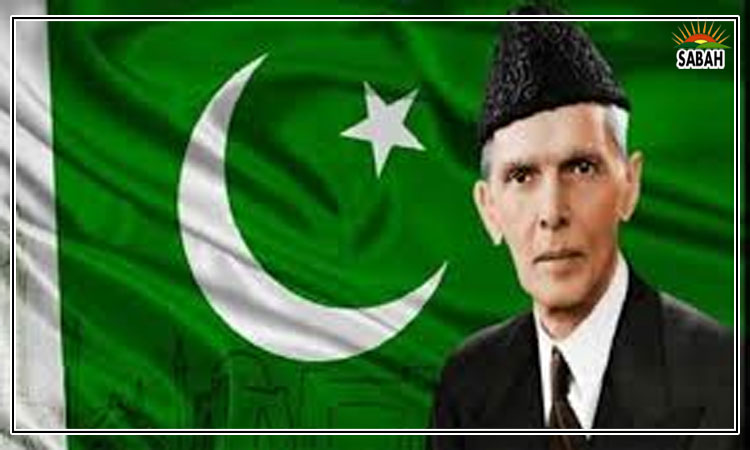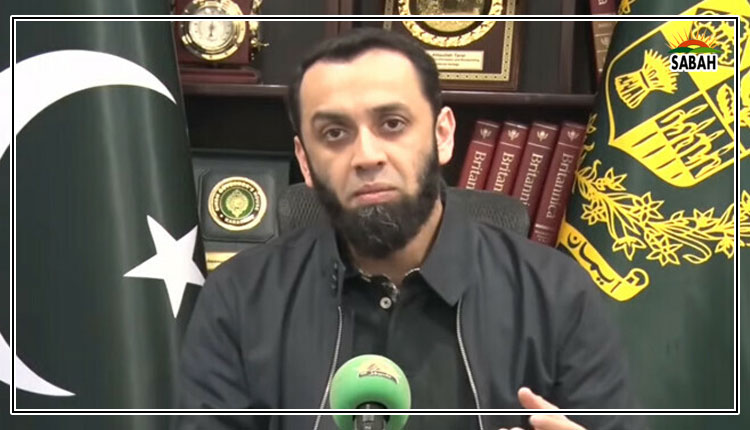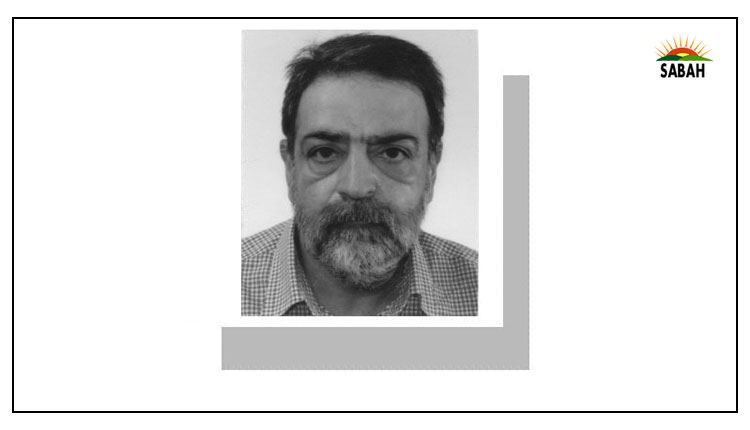One of a kind…Mahir Ali
ACROSS almost six decades of investigative journalism, John Pilger unsparingly torchlit many of what George W. Bush described as the darkest corners of the world, relentlessly exposing the realities edited out of the mainstream Western medias distorted narrative.
The concept of speaking truth to power may have been sullied by overuse, but Pilger stands out among those who seriously made the effort and, in the process, made a discernible difference.
Its hard to know where to begin in evaluating his multifarious and multimedia contributions to reportage. I first encountered him, indirectly, in the 1980s when ITV in Britain re-broadcast some of his groundbreaking 1970s documentaries. Its hard to be sure, but most probably the first one I viewed was The Quiet Mutiny, an account of small but consequential revolts among American troops in Vietnam that invariably went unreported in the US.
This was followed by further reports on Vietnam and Cambodia, in the latter case notably a soul-shattering report on the aftermath of the depredations decreed by the Khmer Rouge, Year Zero: The Silent Death of Cambodia. As an eyewitness to the consequences of genocide, he was inevitably appalled when the US and China conspired in a cover-up only because they resented the fact that it was Vietnamese forces that had liberated Phnom Penh.
Powered by KM
BasketBall Sport Skills FULL HDNOW PLAYING
Cylcing – Hit The Road And Get Back Outdoiors FULL HD
The Worlds Most Incredibel Dog FULL HD
London vlog 2021 London travel guide – Top ten things to do this year in London – ‘Gods junk yard!’
Pilger, who died on the eve of 2024, was born in Sydney in 1939 and joined the Australian citys press corps as a teenager before travelling to Europe, beginning with Italy. The Reuters news agency was his first way station in London, from where he moved on to a 20-plus year residency at the Daily Mirror, where he was elevated to the post of chief foreign correspondent.
John Pilger will be a hard act to follow.
Pilgers days at the Mirror were numbered once Robert Maxwell acquired the tabloid, but he found a potentially wider-reaching outlet at ITV, which hosted his film reports, interviews and some of his longer documentaries. Beleaguered as it was in the Thatcher and Blair years, British media or at least sections of it stood up to the challenges from the British establishment, the US State Department and CIA, and even the Israel lobby.
Pilger latched on to the dilemma of the Israeli-occupied territories in the early 1970s, and his pair of documentaries titled Palestine is Still the Issue are separated by almost 30 years, illuminating how little has changed. Recently re-watching the second of these documentaries, I was reminded of Pilgers interview technique with subjects he probably found repulsive, notably the Israeli regimes official spokespeople: his tone never got belligerent, but his questions gave them just enough rope to expose the absurdity of their contentions.
There are some conflicts to which Pilger did not turn his attention, including Balochistan and Kashmir, which is a pity. And his area of operations as a forensic investigator across the decades stretched from South Africa, Palestine and Iraq to the creation of Bangladesh and the absurdity of India shining, as well as Myanmar, East Timor, the US (he witnessed the assassination of Robert F. Kennedy from metres away), Nicaragua, Venezuela, the Czechoslovak Republic and Ukraine, among other regions. His laser-focus on his native Australia related chiefly, but not exclusively, to the horrendous treatment of the colonised continents indigenous population, and he devoted several documentaries (and thousands of words) to the subject.
Not surprisingly, he also delved extensively into the woes of his adopted country, and his last documentary reflected on a subject that had bothered him for at least half a century: the creeping privatisation and spiralling neglect of Britains vaunted National Health Service.
As he would have proudly acknowledged, Pilger belonged to a long line of Western journalists who have defied the odds often their own governments and their allies to sift the truth from propaganda or PR, and to report what they see, notably Martha Gellhorn, Wilfred Burchett, Paul Foot, Robert Fisk and Seymour Hersh. He was respected enormously even by those who did not agree with him on every issue, including Gellhorn, whose World War II experiences somewhat wedded her to the Zionist narrative about Palestine.
Pilger wasnt perfect and very occasionally succumbed to the leftist disease of glossing over the inadequacies or repressive tendencies of regimes justifiably opposed to the long arm of American imperialism. In my humble opinion, its possible to point out the flaws of the Ortega regime 2.0 or the cruelty of the mullahcracy in Tehran without lapsing into the Washington consensus, without losing sight of the hypocrisy that unfailingly guides the US worldview. But Pilger was at most a peripheral culprit in this sense.
He leaves behind a visual and written legacy that will serve humankind for decades, and although he wasnt alone in his endeavours, in many ways he was one of a kind.
Courtesy Dawn












